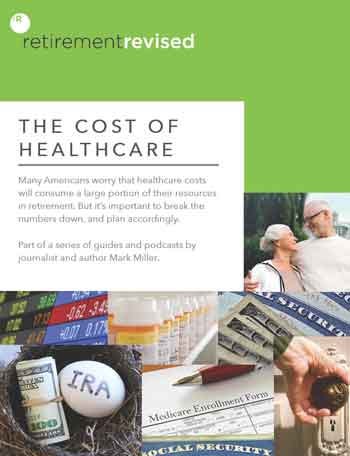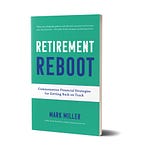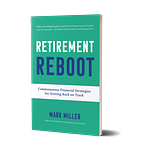
Income inequality is a red-hot topic these days, but one overlooked aspect of the story is how inequality spills over into retirement. Joining me on the podcast this week to examine this question is Dr. Nari Rhee, who directs the retirement security program at the UC Berkeley Center for Labor Research and Education. Nari is co-author of a fascinating new report that documents inequality in financial assets - basically, savings accounts, stocks and bonds - and what that means for retirement security.
The U.S. Government Accountability Office (GAO) reported recently that in 2013, families in the top 10 percent of the wealth distribution held 76 percent of the wealth held by all families in the United States.
While income inequality was relatively stable from the 1940s to the 1970s, since then wage growth at the top of the income distribution has outpaced the rest of the distribution, and inequality has risen. Wealth has become increasingly concentrated as well. By 2013, those families in the top 10 percent of the wealth distribution held 76 percent of the wealth held by all families in the United States.
A GAO analysis of Federal Reserve income data reveals the same trend among older households. GAO divided older households into five groups (quintiles) based on their income and wealth, and found that the top quintile has run away from all other income groups. For example, in 2016, households in the top quintile had estimated average income of $398,000, compared to about $53,000 for the middle quintile and about $14,000 for the bottom quintile.

The picture is similar for wealth accumulation. Low wage growth has created a have- and have-not situation among retirees - well over half have not been able to save at all, and will be relying mainly on Social Security benefits.
The NIRS report contains several striking findings.
The share of Baby Boomer financial assets owned by the wealthiest 5 percent grew from 52 percent in 2004 to 60 percent in 2016. Over the same period, the share of financial assets owned by the top 10 percent of Baby Boomer households grew from 68 percent to 75 percent, and the share owned by the top 25 percent grew from 86 percent to 91 percent. Meanwhile, the share of assets owned by the bottom 50 percent of boomer households shrank from 3 percent in 2004 to under 2 percent in 2016.
Financial asset inequality appears to be growing worse across generations. Generation X and Millennials appear to have reached comparable degrees of financial asset concentration among the wealthiest households as Baby Boomers, at younger ages.
Financial asset inequality is exacerbated by regressive tax incentives for retirement savings and unequal access to employer-provided retirement plans.
The study recommends several policy solutions, including strengthening and expanding Social Security, making workplace retirement saving plans more widely available and improving the federal Saver's Credit for low-income taxpayers.
Good ideas all, and worth pursuing. But we also will need a policy approach to the broader U.S. income inequality problem. Solve that, and the retirement problem gets better on its own.
Listen to my conversation with Nari by clicking the player icon at the top of this page.
Subscribe now!

This is a listener-supported project, so please consider subscribing.
The podcast is part of the subscription RetirementRevised newsletter. Subscribers have access to all the podcasts, plus my series of retirement guides on key challenges in retirement. Each guide is paired with a podcast interview with an expert on the topic; the series already covers Social Security claiming and the transition to Medicare, and how to hire a financial planner. More are in the works. For a sample, check out the recently-published guide to the cost of healthcare in retirement, featuring a podcast interview with retirement educator and actuary Steve Vernon.
You can subscribe by clicking the little green “subscribe now” link at the bottom of this page, or by visiting RetirementRevised.com. And if you’re listening on Apple Podcasts or Stitcher, I hope you’ll leave a review and comment to let me know what you think.












